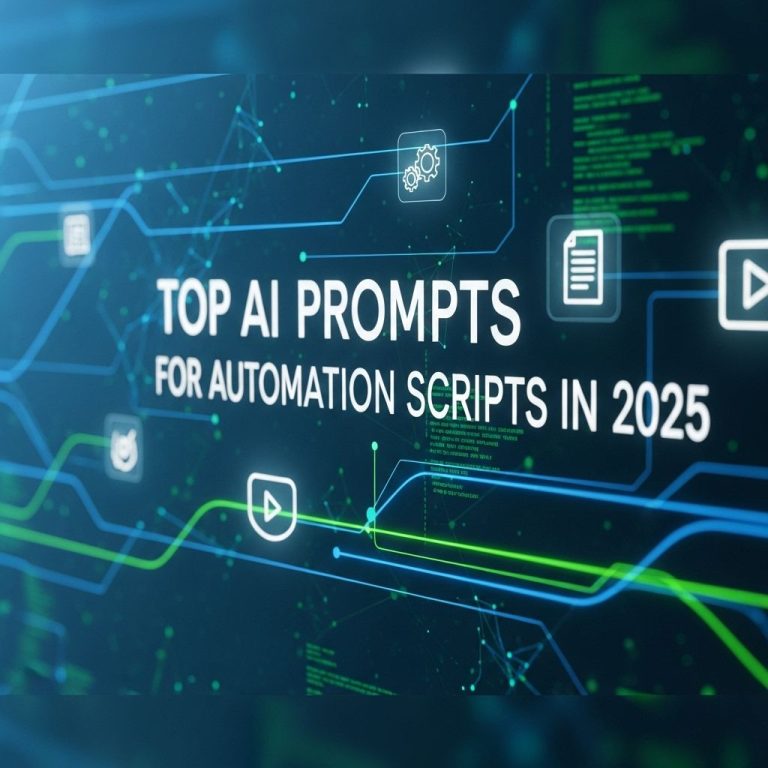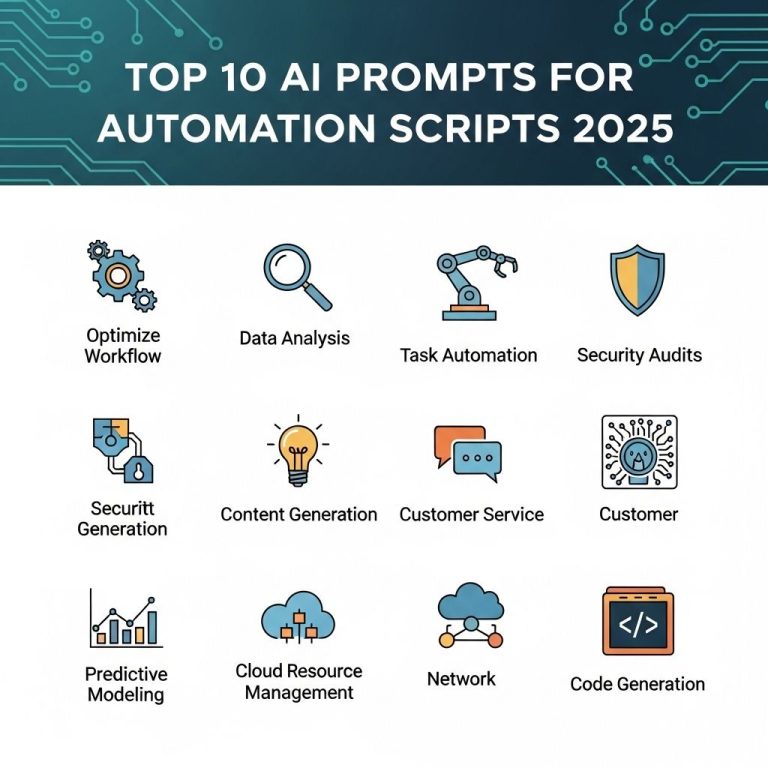As enterprises increasingly adopt Artificial Intelligence (AI) technologies, the need for robust governance tools has become paramount. These tools not only ensure compliance with regulations but also help in managing risks associated with data usage, algorithmic bias, and transparency. In this article, we will explore several governance tools that can empower organizations to leverage AI effectively while maintaining ethical standards and accountability.
Understanding AI Governance
AI governance refers to the frameworks, policies, and tools that guide the responsible use of AI technologies. It encompasses various aspects, including:
- Compliance: Adhering to legal and regulatory standards.
- Transparency: Ensuring that AI systems are understandable and their decisions can be explained.
- Accountability: Holding parties responsible for the outcomes of AI applications.
- Ethics: Balancing innovation with ethical considerations.
Key Components of Effective AI Governance Tools
For governance tools to be effective, they should include the following components:
- Risk Assessment: Tools should be able to identify and evaluate risks associated with AI technology.
- Monitoring and Auditing: Continuous monitoring of AI systems to ensure compliance and performance standards.
- Decision-Making Frameworks: Clear frameworks to guide decision-making processes regarding AI deployment and usage.
- Stakeholder Engagement: Mechanisms for engaging various stakeholders, including data subjects, to ensure transparency.
Top Governance Tools for AI
Here are some of the most effective governance tools available for enterprises utilizing AI:
1. IBM Watson OpenScale
IBM Watson OpenScale is an AI governance tool that helps organizations manage and monitor AI models. Key features include:
- Bias Detection: Identifies and mitigates bias in AI models.
- Performance Monitoring: Continuously tracks AI performance and accuracy.
- Explainability: Provides insights into how decisions are made by AI systems.
2. Google Cloud AI Platform
Google Cloud’s AI Platform offers a suite of tools for deploying and managing AI applications. Its governance features include:
- Model Governance: Allows for version control and auditing of AI models.
- Data Governance: Ensures data used for training complies with privacy regulations.
- Integration with Compliance Tools: Seamlessly integrates with compliance management solutions.
3. Microsoft Azure Machine Learning
Microsoft’s Azure Machine Learning platform includes governance functionalities such as:
- Model Interpretability: Supports understanding of model behavior and outcomes.
- Automated Monitoring: Continuously monitors model performance and retrains when necessary.
- Security and Compliance: Built-in compliance frameworks for different industries.
4. DataRobot
DataRobot is an AI platform that focuses on automated machine learning and governance. Its notable governance features include:
- Automated Model Monitoring: Tracks models in real-time for performance and drift.
- Version Control: Keeps track of model versions and changes for audit purposes.
- Compliance Reporting: Generates reports to demonstrate compliance with regulations.
5. Algorithmia
Algorithmia provides tools for managing and deploying AI models at scale. Key governance features are:
- Model Registry: A centralized place to manage AI models and their metadata.
- Access Control: Ensures only authorized users can access and modify models.
- Audit Trails: Maintains logs of all model interactions for accountability.
Challenges of AI Governance
Despite the availability of governance tools, organizations may face several challenges:
| Challenge | Description |
|---|---|
| Data Privacy | Ensuring compliance with data protection regulations like GDPR can be complex. |
| Bias in AI | Identifying and mitigating bias in datasets and models remains a significant hurdle. |
| Complexity of AI Systems | The intricate nature of AI systems makes transparency difficult. |
| Rapidly Evolving Technologies | Keeping up with emerging AI technologies and their implications can be challenging. |
Best Practices for Implementing AI Governance
To effectively implement AI governance within an organization, consider the following best practices:
- Develop Clear Policies: Establish clear policies outlining the organization’s approach to AI governance.
- Engage Stakeholders: Involve various stakeholders in the governance process for broader perspectives.
- Regular Training: Provide ongoing training for staff on the ethical use of AI technologies.
- Evaluate and Iterate: Continually assess governance practices and adapt to new challenges and regulations.
The Future of AI Governance Tools
As AI technology evolves, the governance landscape will also change. Here are some trends to watch for:
- Increased Regulation: Governments worldwide are likely to introduce more regulations governing AI.
- Focus on Ethical AI: Organizations will prioritize ethical AI practices more than ever.
- Integration of Blockchain: Blockchain technology may be integrated into governance tools for enhanced transparency.
- Collaboration Across Sectors: Collaboration among industries will become essential to establish best practices in AI governance.
Conclusion
The governance of AI technologies is crucial to harnessing their full potential while minimizing risks. By adopting the right tools and practices, enterprises can ensure they use AI responsibly and ethically. As the landscape continues to evolve, staying informed and adaptive will be key to successful AI governance.
FAQ
What are governance tools in the context of AI?
Governance tools in AI refer to software and frameworks that help organizations manage, monitor, and ensure compliance with regulations and ethical standards while deploying AI technologies.
How can AI improve governance in enterprises?
AI can enhance governance by automating compliance checks, providing real-time data analytics for decision-making, and ensuring transparency in AI model processes.
What features should I look for in AI governance tools?
Key features to consider include data lineage tracking, audit trails, compliance reporting, risk assessment capabilities, and user-friendly dashboards.
Can AI governance tools help with risk management?
Yes, AI governance tools can identify potential risks in AI models, provide insights for mitigation, and ensure that models are regularly evaluated for compliance with ethical standards.
What role do AI governance tools play in regulatory compliance?
AI governance tools play a critical role in ensuring that AI deployments comply with regulations by automating monitoring processes and generating necessary documentation to demonstrate compliance.
Are there any popular AI governance tools for enterprises?
Yes, popular AI governance tools include IBM Watson OpenScale, Microsoft Azure Machine Learning, and Google Cloud AI Platform, each offering various features for effective governance.




